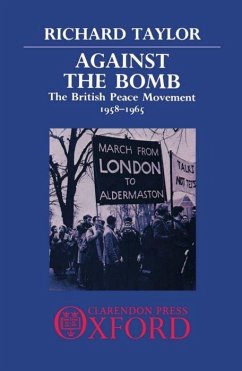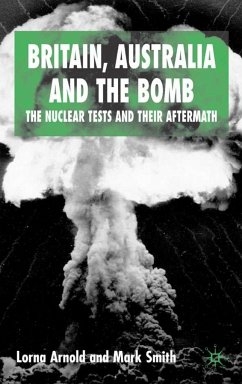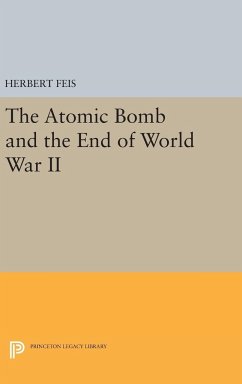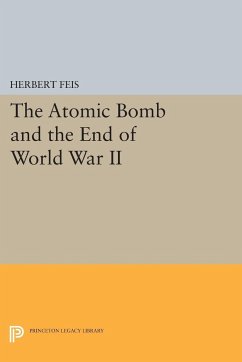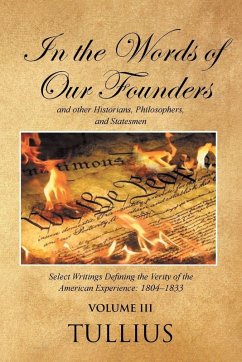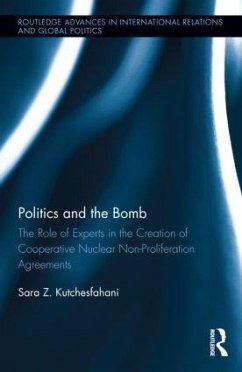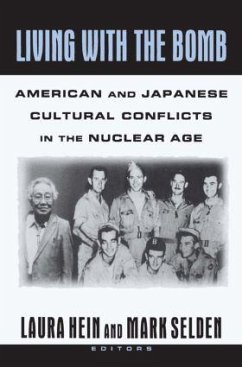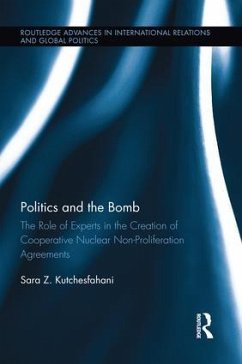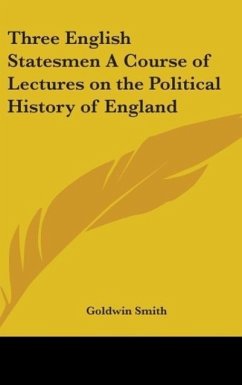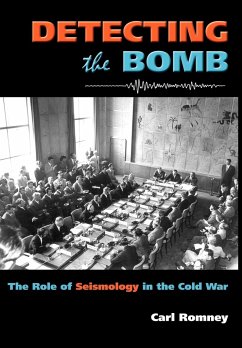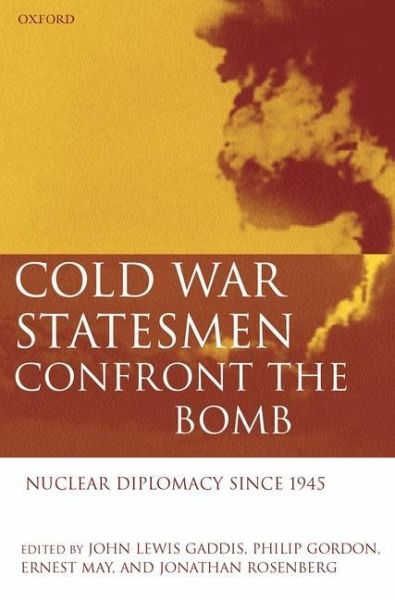
Cold War Statesmen Confront the Bomb
Nuclear Diplomacy Since 1945
Herausgeber: Gaddis, John Lewis; Rosenberg, Jonathan; May, Ernest
Versandkostenfrei!
Versandfertig in 1-2 Wochen
209,99 €
inkl. MwSt.

PAYBACK Punkte
105 °P sammeln!
Cold War Statesmen Confront the Bomb: Nuclear Diplomacy Since 1945 is a path-breaking work that uses biographical techniques to test one of the most important and widely debated questions in international politics: Did the advent of the nuclear bomb prevent the Third World War? Many scholars and much conventional wisdom assumes that nuclear deterrence has prevented major power war since the end of the Second World War; this remains a principal tenet of US strategic policy today. Others challenge this assumption, and argue that major war would have been `obsolete' even without the bomb. This bo...
Cold War Statesmen Confront the Bomb: Nuclear Diplomacy Since 1945 is a path-breaking work that uses biographical techniques to test one of the most important and widely debated questions in international politics: Did the advent of the nuclear bomb prevent the Third World War? Many scholars and much conventional wisdom assumes that nuclear deterrence has prevented major power war since the end of the Second World War; this remains a principal tenet of US strategic policy today. Others challenge this assumption, and argue that major war would have been `obsolete' even without the bomb. This book tests these propositions by examining the careers of ten leading Cold War statesmen--Harry S Truman; John Foster Dulles; Dwight D. Eisenhower; John F. Kennedy; Josef Stalin; Nikita Krushchev; Mao Zedong; Winston Churchill; Charles De Gaulle; and Konrad Adenauer--and asking whether they viewed war, and its acceptability, differently after the advent of the bomb. The book's authors argue almost unanimously that nuclear weapons did have a significant effect on the thinking of these leading statesmen of the nuclear age, but a dissenting epilogue from John Mueller challenges this thesis.





